The UK's first LGBT+ retirement community comes to Vauxhall
What it is and why it's necessary
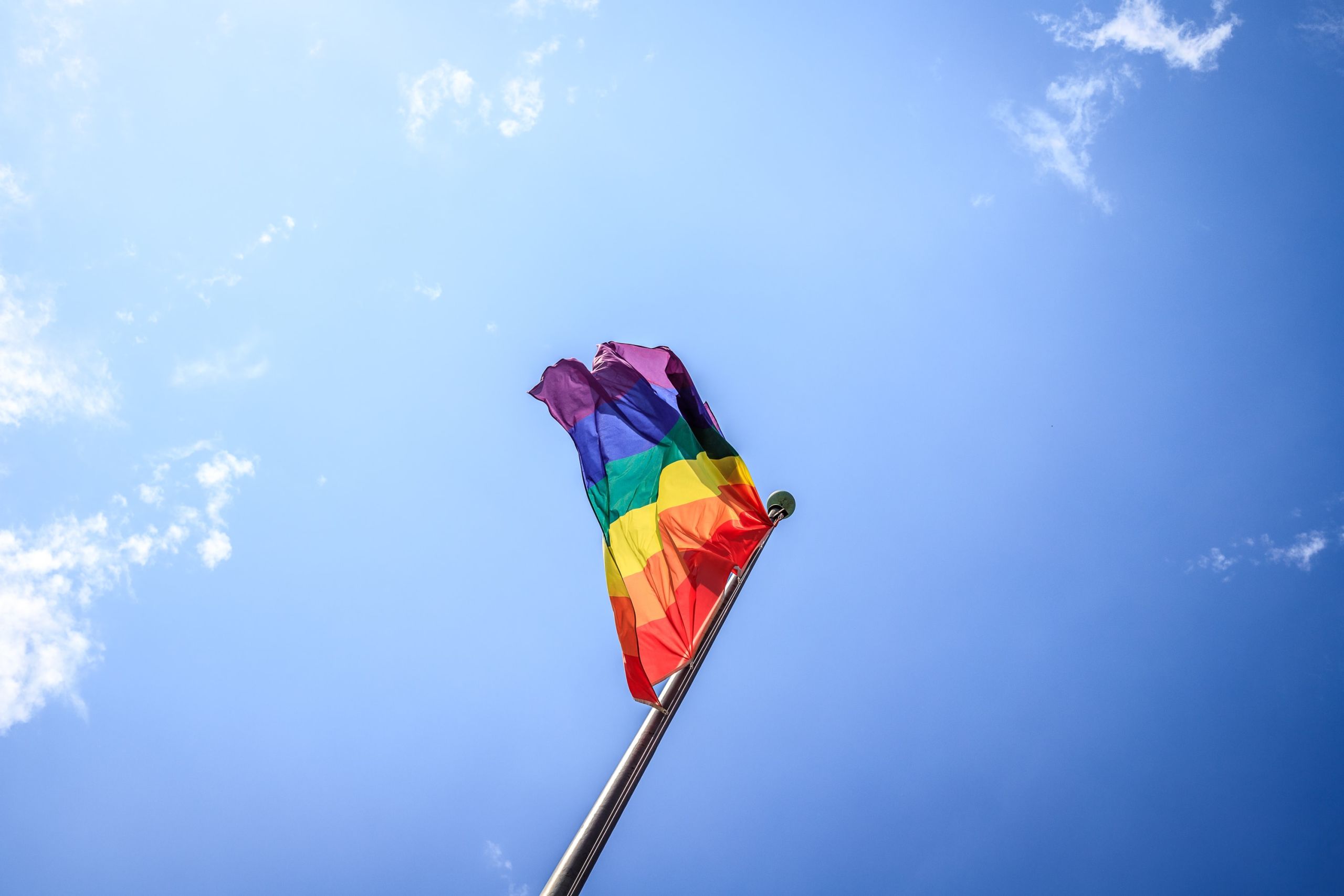
Older LGBTQ+ people face an increased risk of isolation and loneliness and being forced back in the closet.
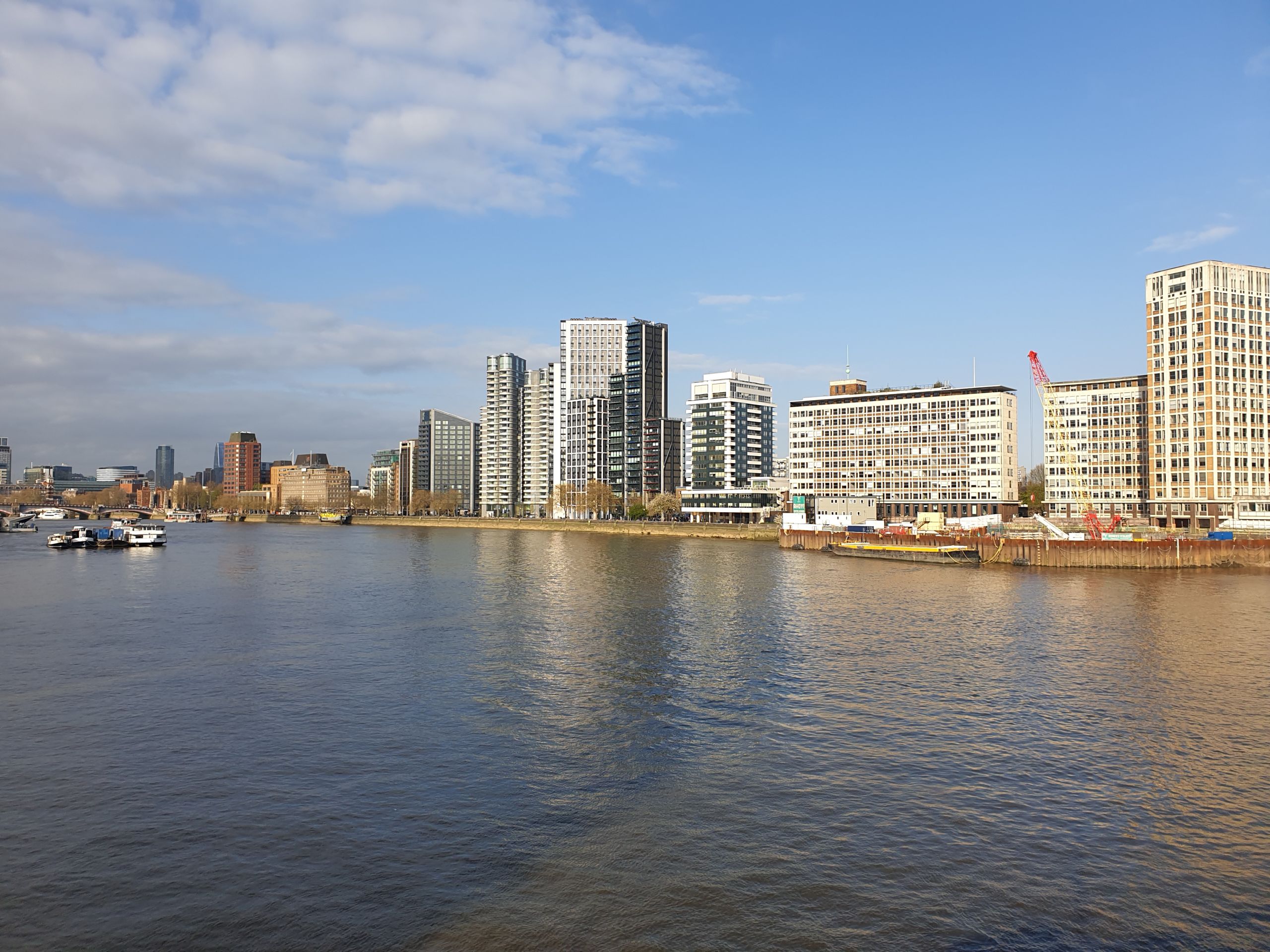
GROWING OLD AND STAYING OUT
Older members of the LGBTQ+ community are much less likely to have support from children or extended family.
Many who would have battled prejudices over their lifetime are then faced with the real fear of being forced back into the closet when entering assisted living facilities.
Tonic Housing is confronting these issues, by providing the first LGBT+ specific senior living community in the UK.
The community-led not-for-profit organisation, set up in 2014, has purchased 19 apartments in the Bankhouse building in Vauxhall, London.
Apartment sales are set to launch this June with 450 people currently on the register of interest, increasing threefolds since the news was announced in March.
Photos provided by Tonic Housing
Interest in the scheme highlighted the huge demand for alternative LGBTQ+ specific older living projects and recognising the needs of this community.
"UK’s first LGBT+ retirement community given green light to open in 2021."
— Tonic Housing 🌈🏘️ (@tonichousing) March 2, 2021
We are proud to announce that we will soon be opening the UK’s first LGBT+ affirming retirement community after securing a £5.7m loan from the @MayorofLondon.
Full announcement: https://t.co/PyEX1YrZ6F pic.twitter.com/OxRWrVN0AZ
However the road has not been easy having taken seven years to come to fruition. Tonic CEO Anna Kear reflected on the challenges.
"It's been a long journey because what we're doing is new and we have no track record or assets.
“Institutions are not fond of doing things differently, nobody wants to take the risk. Now - when it's done - everyone loves it, saying we're pioneers!"
Another major obstacle initiating the housing development in London was, perhaps unsurprisingly, money.
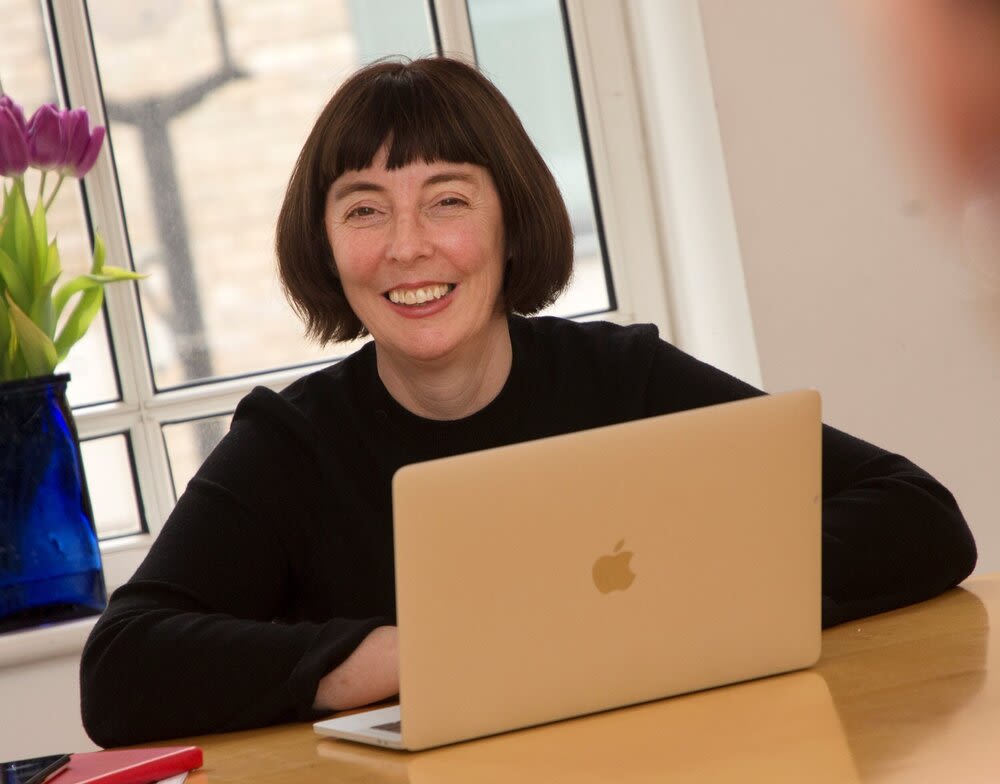
Anna Kear by Tonic Housing
"I distinctly remember a meeting, talking about an investment of £200,000, and I remember thinking, that won't even buy you a garden shed in Vauxhall."
Their big break was receiving a £5.7 million Community Housing Fund loan from the Mayor of London. This, along with political support and the backing of Lambeth council, made the vision a reality.
CREATING COMMUNITY
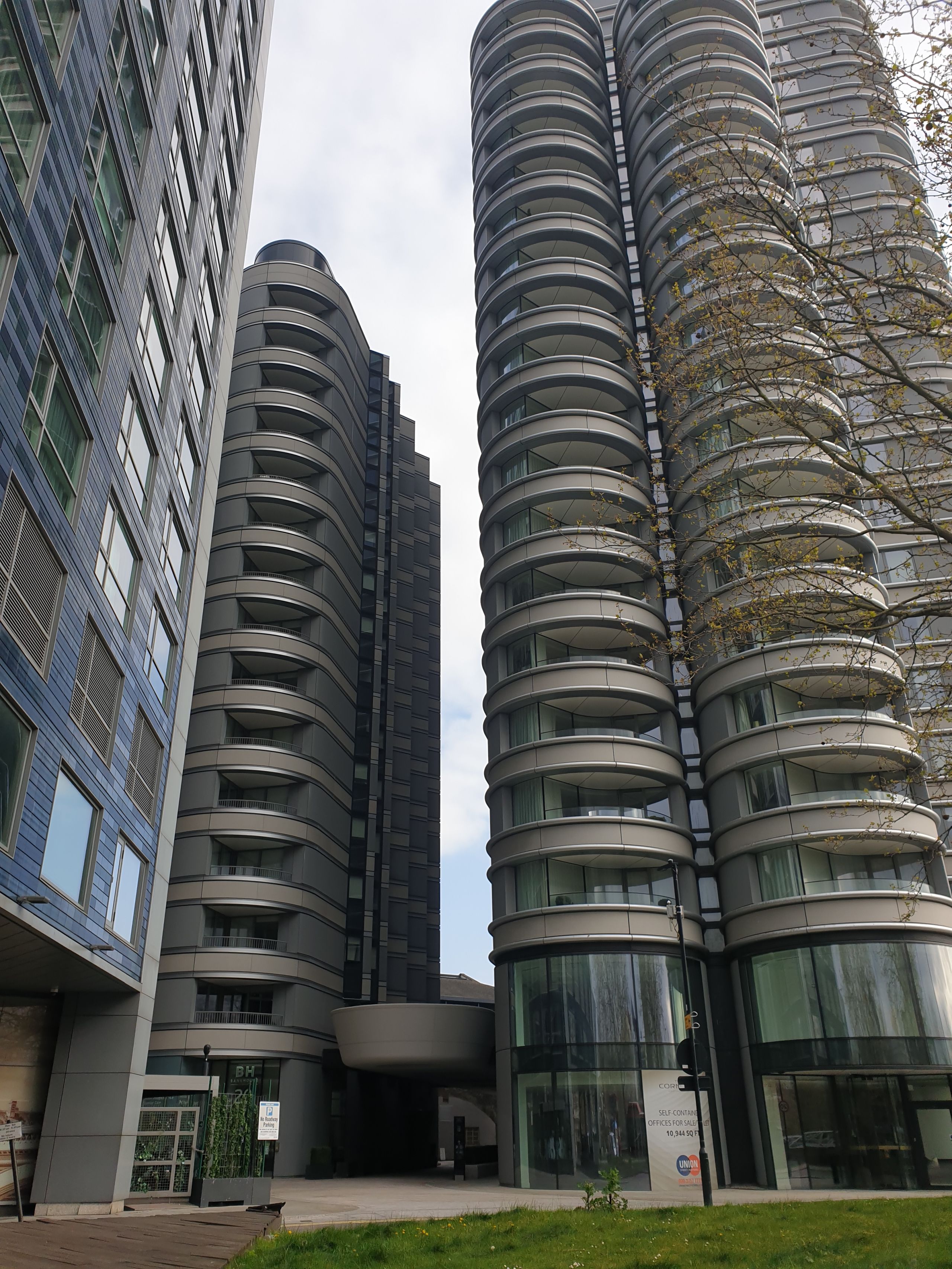
Tonic’s focus remained on creating a long-term, community orientated development with a major emphasis on social space.
Despite the initial vision for 80-100 apartments having to be significantly reconsidered, there were no other major compromises according to Kear - “apart from a swimming pool!”
Kear said: "We are building a community asset in perpetuity. Knowing that we are in there for the long-term, we're not just an optional extra that can be ditched later, so in 30 years we'll still own those properties and we will still have a role.
"As an LGBT+ community led organisation that's really important."
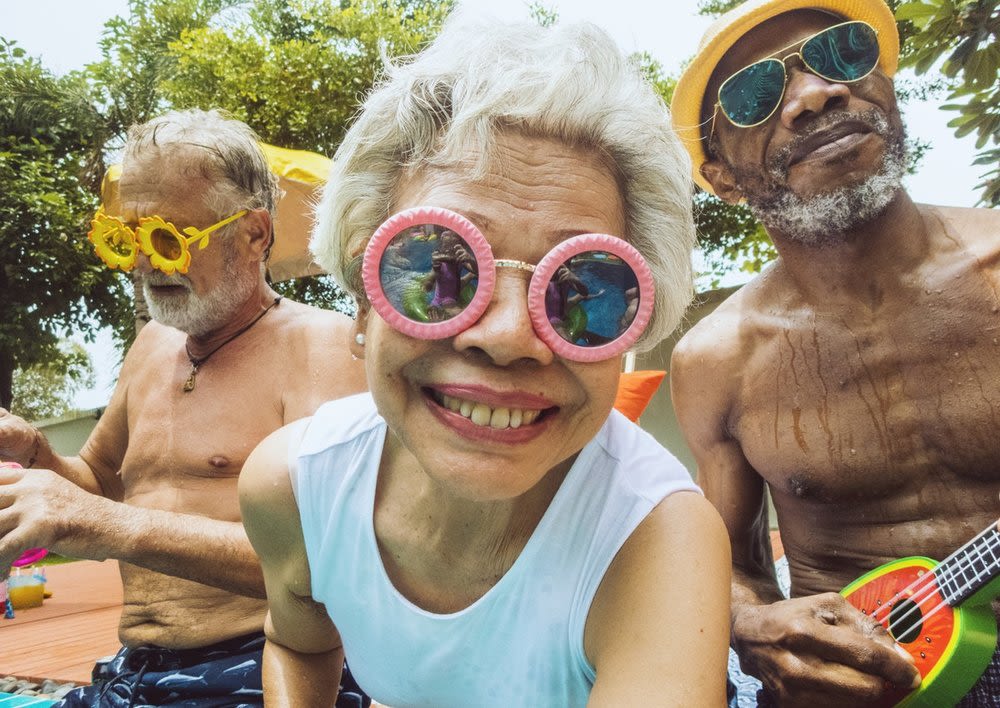
Photos provided by Tonic Housing
Photos provided by Tonic Housing
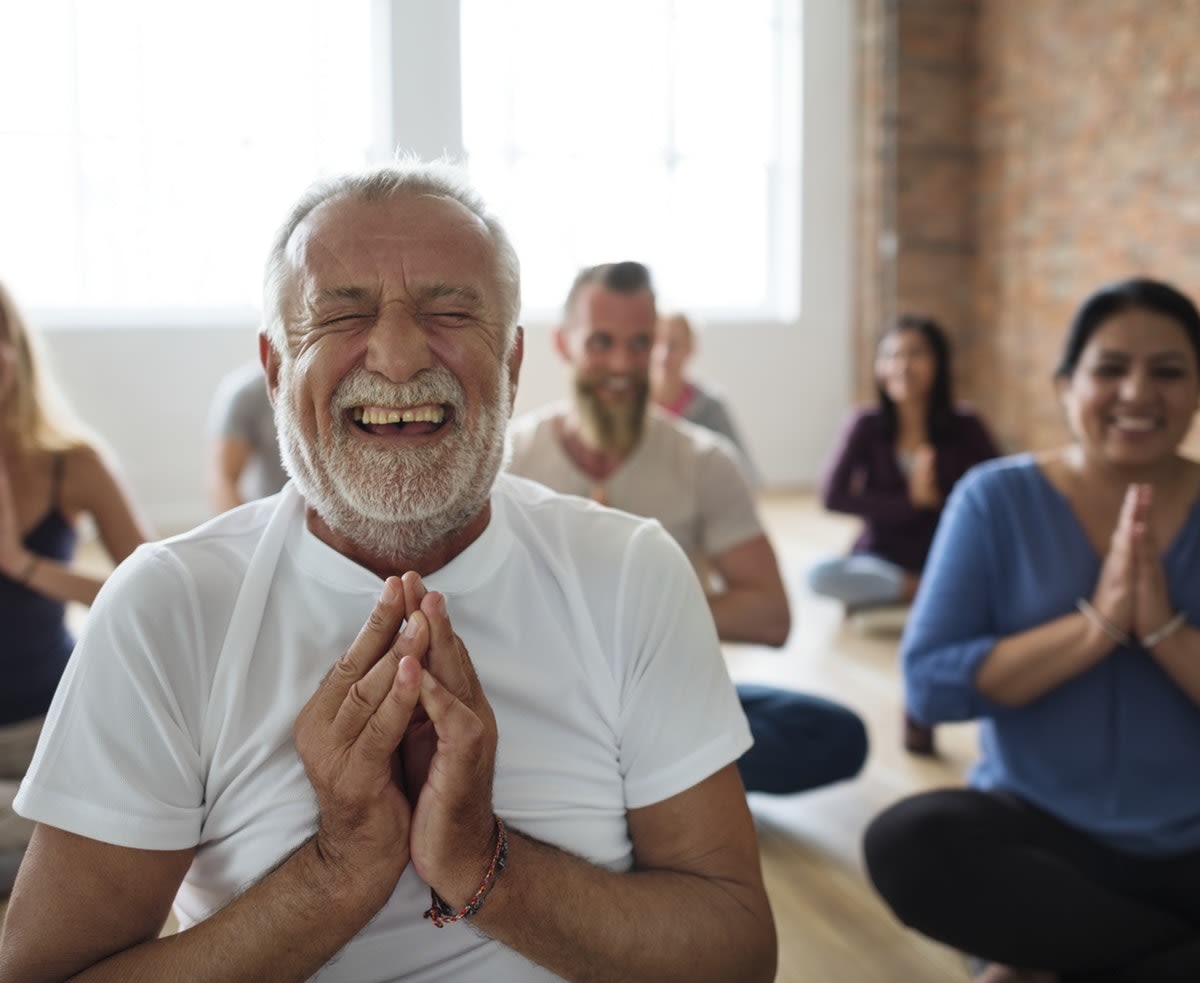
Photos provided by Tonic Housing
Photos provided by Tonic Housing

Anna Kear by Tonic Housing
Anna Kear by Tonic Housing

AN AFFIRMING ENVIRONMENT
Bankhouse consists of affordable housing, all for older living. Tonic Housing has purchased 19 out of the 84 apartments – but with the intention for the whole building to be LGBT+ affirming.
Kear said: "We're not trying to create an us and them, we're very much trying to create an integrated community and the things we are offering are for everybody there."
They worked with Opening Doors London (ODL), an LGBTQ+ information and support charity for over-50s, to provide training to the Bankhouse staff, from the care team to the food providers.
Kear said: "You can have the most beautiful building in the world but unless you've got the people with the right attitude there it wasn't necessarily going to work."
After the training, the staff were told Bankhouse would be the first LGBT+ affirming scheme in the UK, to which the room broke into a round of applause.
"The staff said ‘we really want to do this with you'. I thought at that point, this is definitely the right place.
“There was a real sense of empathy and I knew, because we got below the surface of the issues, it wasn't just a novelty response, it was really heartfelt.”
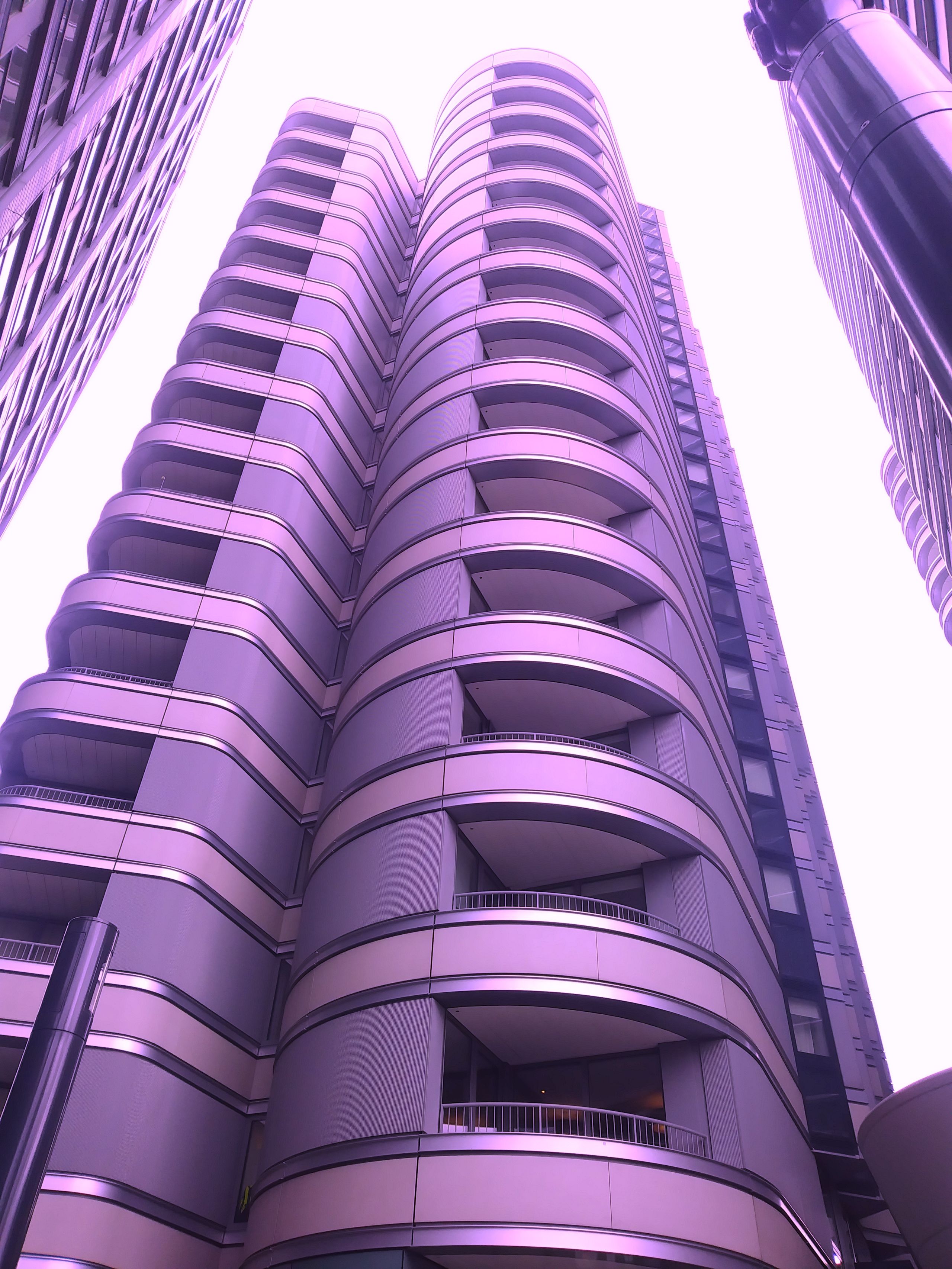

"You can have the most beautiful building in the world but unless you've got the people with the right attitude there it wasn't necessarily going to work."
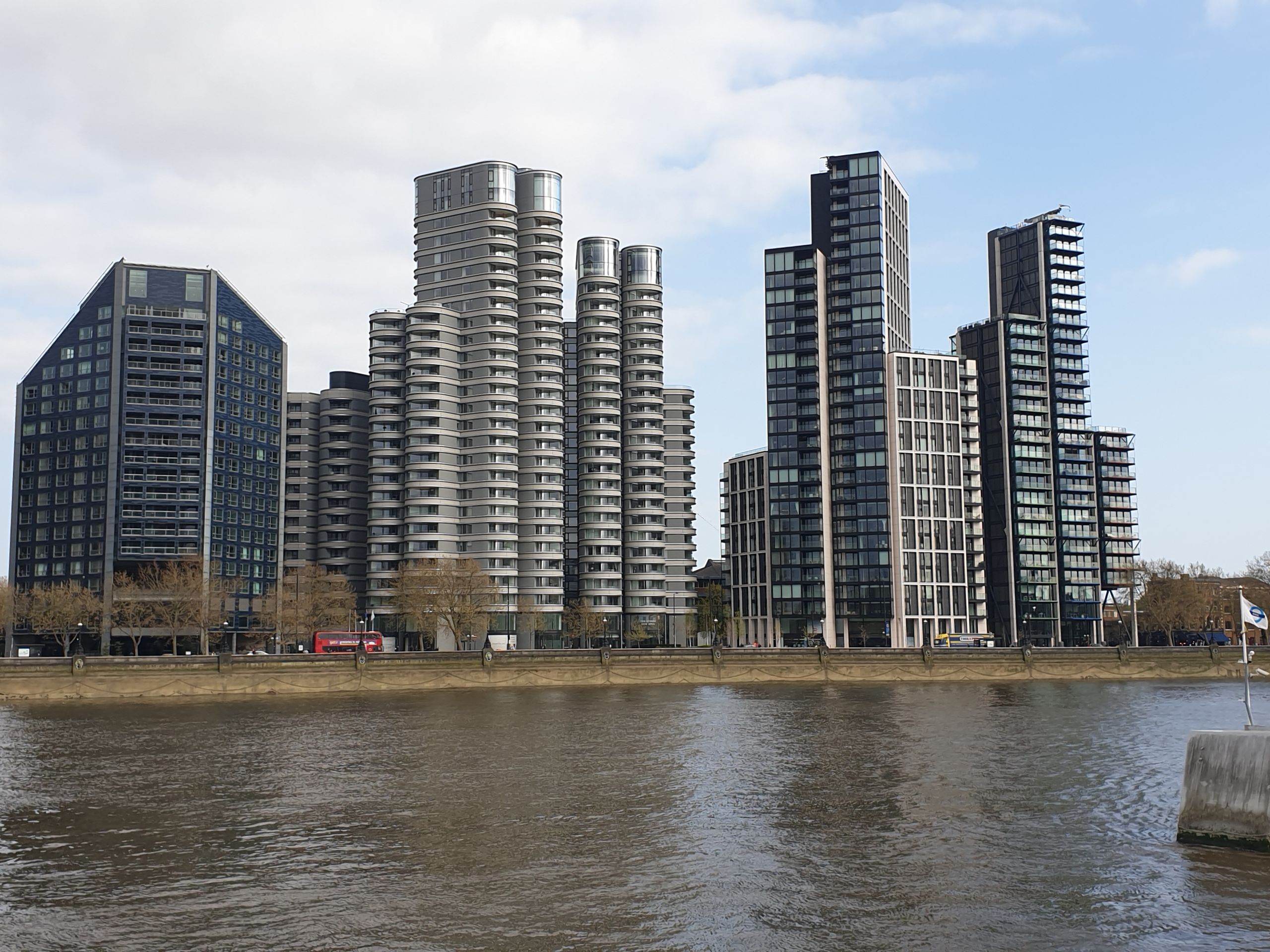
VAUXHALL'S QUEER HISTORY
Tonic Housing's Building Safe Choices report 2020 found most respondents wanted to live in central London, with Camden and Islington the preferred boroughs, followed by Southwark, Lambeth and Westminster.
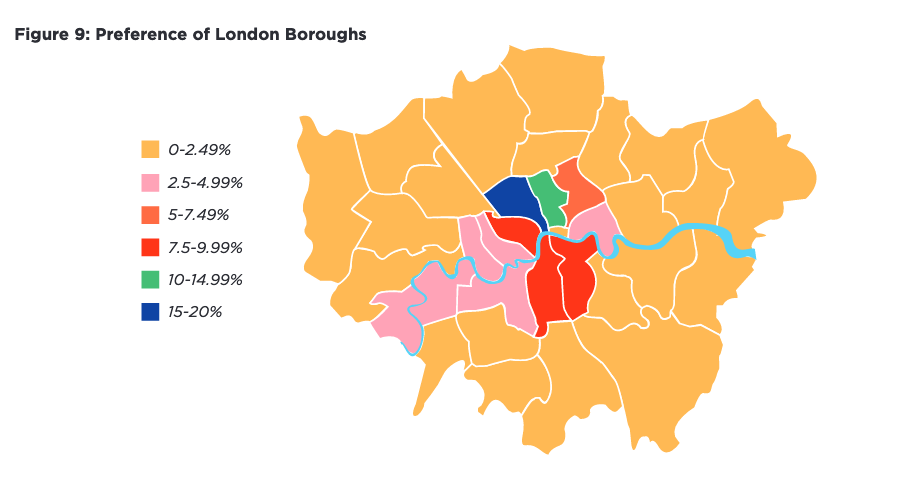
THE DEMAND
The Safe Choices report revealed an overwhelming demand for LGBT+ resources and services.
Over 90% of respondents wanted to see more LGBT+ supportive housing options for older people, whilst almost 90% expressed a preference for LGBT+ accredited or specific care providers.
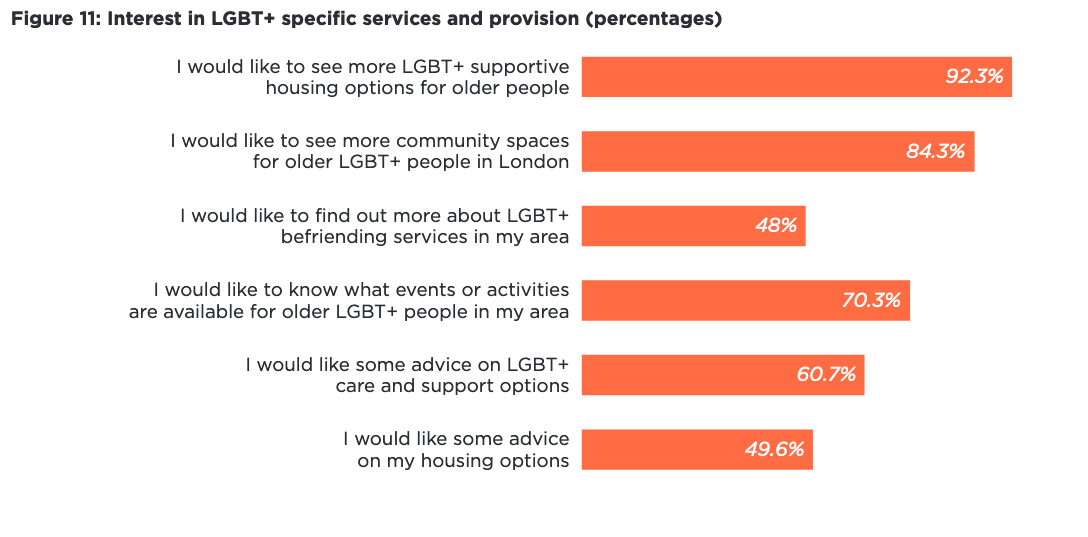
Tonic Housing’s 2020 Building Safe Choices report
Tonic Housing’s 2020 Building Safe Choices report
TACKLING LONELINESS
The past year has put into sharp focus issues of loneliness and isolation in our society and questioned how we can better support our more vulnerable communities.
An Opening Doors research report revealed the pandemic’s impact on the over 51 LGBT+ community.
Over half the respondents reported lockdown had a negative impact on their psychological wellbeing and 38% of people reported feeling more unhappy or depressed since lockdown.
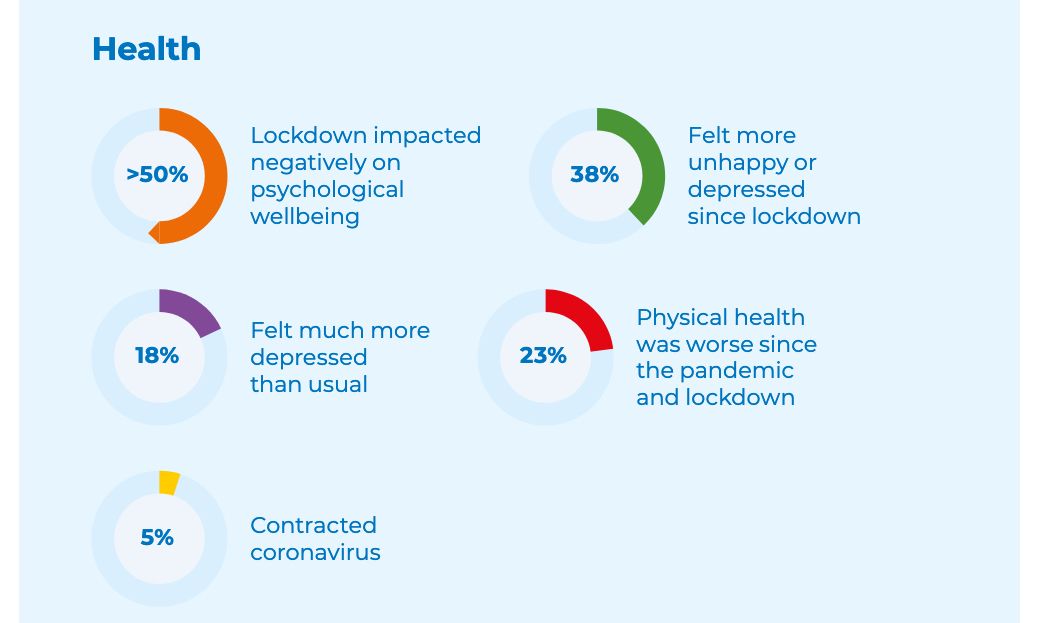
Key findings from Only Connect: The impact of Covid-19 on older LGBT+ people, Opening Doors, November 2020
Key findings from Only Connect: The impact of Covid-19 on older LGBT+ people, Opening Doors, November 2020
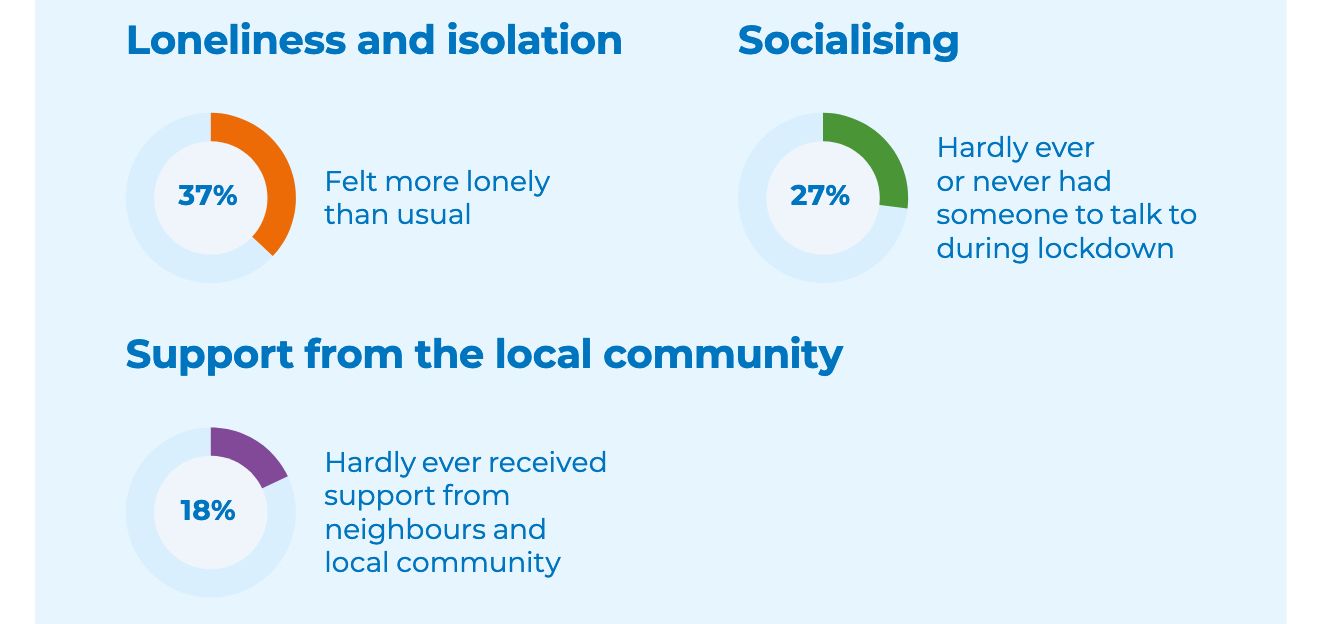
Key findings from Only Connect: The impact of Covid-19 on older LGBT+ people, Opening Doors
Key findings from Only Connect: The impact of Covid-19 on older LGBT+ people, Opening Doors
A GLOBAL MOVEMENT
Tonic will join a growing number of LGBT+ retirement communities across the globe. The USA is home to the largest number of older queer housing projects.

CASESTUDIES FROM THE USA
Neighbours Barb Chase, 69 and Nan Kelly, 66 moved into Village Hearth, last autumn, an LGBT+ affirming cohousing scheme in Durham, North Carolina.
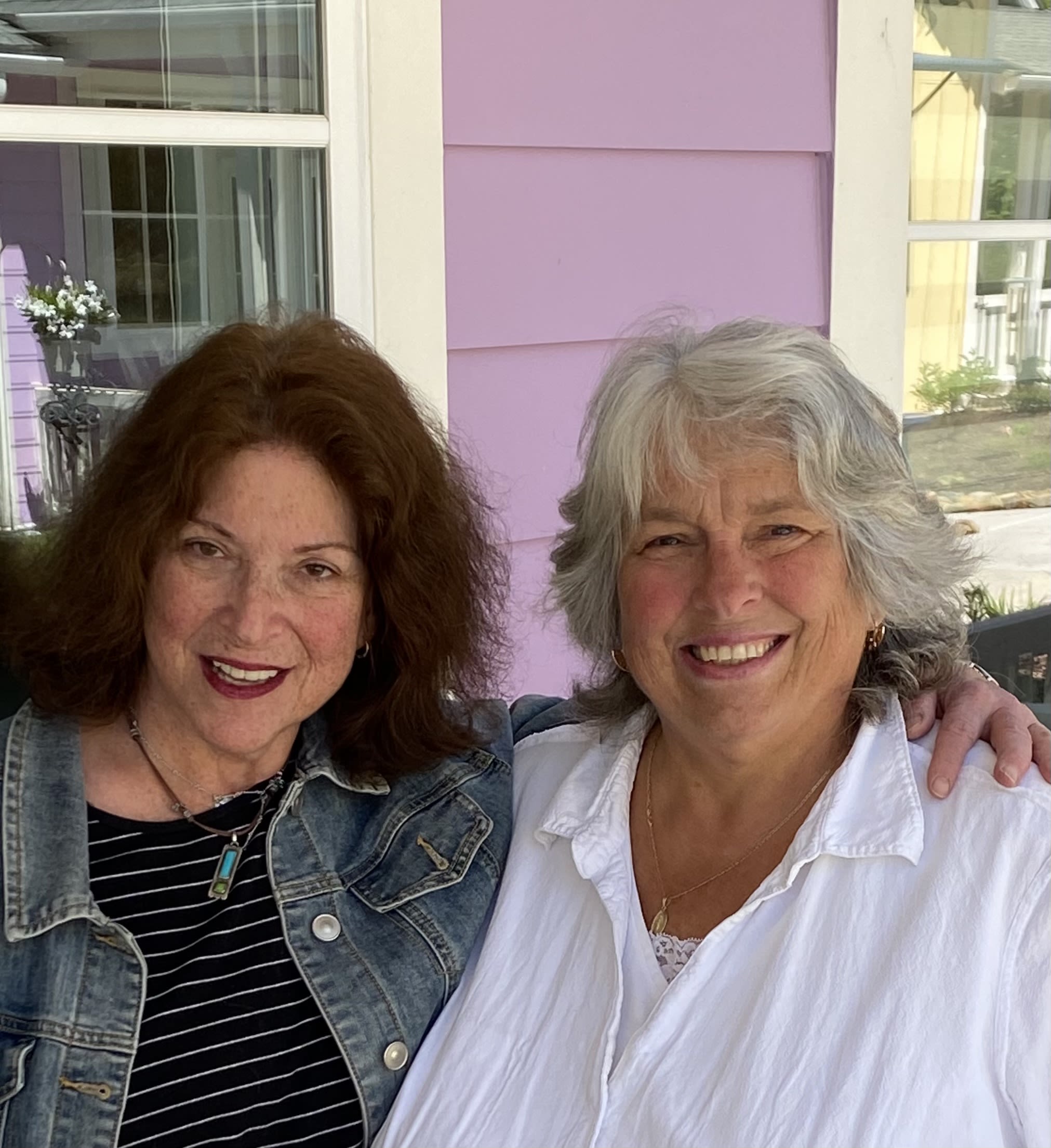
Barb Chase and Nan Kelly at Village Hearth
Barb Chase and Nan Kelly at Village Hearth
Barb: “This time we have here is a very precious sliver of life, for this period there's a lot of people who say, hell no I'm not going back in the closet, screw that!
“I've worked in male dominated corporate settings all of my life and been very closeted, those of us who are retiring, we bring a lot of that repressed baggage with us. So it's vital to have a whole environment that's affirming, not just staff and neighbours but the entire culture of that environment, because this sliver of life will pass us in a New York minute.
"A lot of this has to do with human dignity, and the vital importance to the soul of preserving dignity.
"We live on a lane that we call Lesbian Lane. But we've acknowledged that if a straight couple were to move in we would change the name to Lavender Lane, out of respect! We are so out that we can have fun and when you have fun you release endorphins, and when you release endorphins, you stay young. So that's the joy."
Nan: “A big part of forming cohousing is where the intention is living safely, openly and with other people who are LGBT, so we really have a community who feel safe and affirmed."
Nan: “I experienced discrimination and I lived in Maine, which was the very first state to have a popular referendum for legal marriage, so it’s one of the more progressive states.
"However, in the town I lived my house had eggs thrown at it, I was yelled at by people on the street, called names. Here, my wife and I can sit on the porch and hug and kiss and nobody blinks an eye.
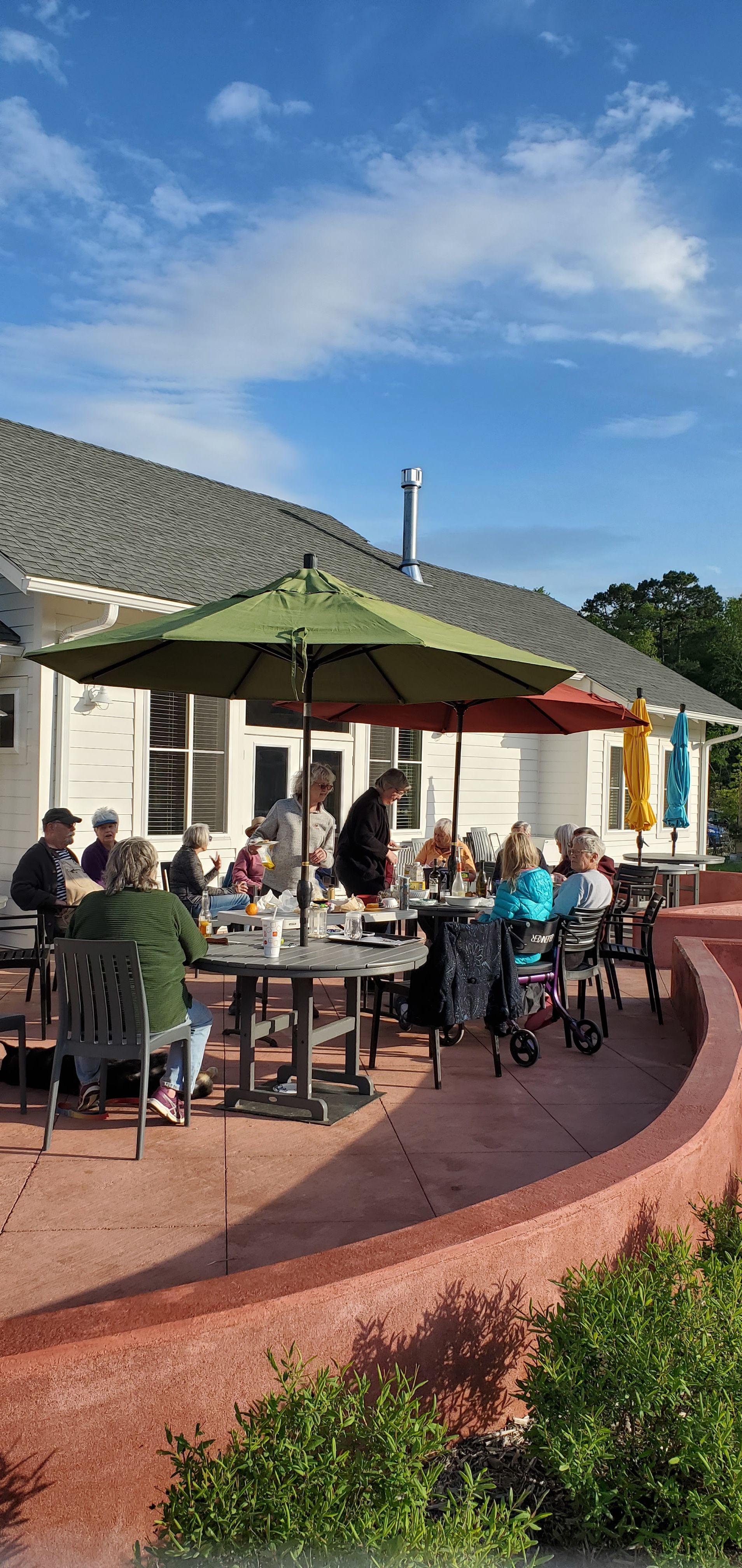
Happy hour at Village Hearth
Happy hour at Village Hearth
"You don't even think about who's looking, who am I going to offend. We can hold hands, dance.
"That’s one of the real joys of living in this community, the ability to have the same sort of relationship 90% of the country feels without even thinking.
"Like do you ever recognise there's oxygen in the room? It's just there its implicit, and there's implicit homophobia all over the place."
Elizabeth Coffey-William, 73, has been a resident of John C Anderson LGBT friendly apartments since it opened six years ago. The building was set up by Mark Segal, one of the original founders of the Gay Liberation Front.
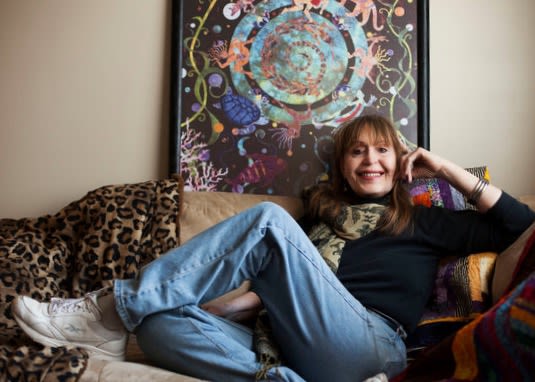
"The folks who were there so long ago who fought in the face of great adversity in whatever way they had available to them, they helped to create the LGBT movement that is thriving today.
"And Mark Segal’s vision was, well now these people are of a certain age and many of them don't have anywhere acceptable to live. And they deserve that.
"I want it too because we're everywhere, and always have been.
"And he was adamant he didn't just want a place to house people, he wanted a place where we could create community."
"There is just something extraordinary unhealthy about being forced or intimidated into living a less than authentic life, especially at this time in our lives because most of us are still very engaged and I want to be who I am.
"I transitioned 49 years ago so I've always been who I am since I was a teenager and I couldn't go back into a closet even if they wanted me to, I don't know how."
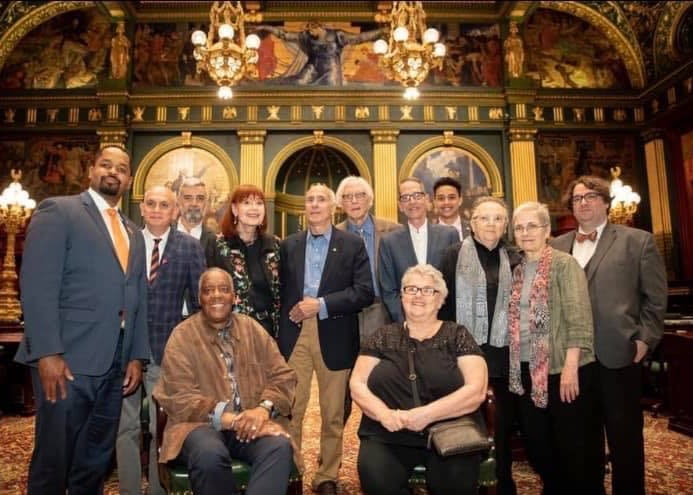
JCAA residents were honored at the Pennsylvania State Capitol for life long advocacy and activism. Left to right, Senator Sharif Street, David Acosta, Elizabeth Coffey-Williams, Stephen Getzow, John James, Frank J Potopa, Susan Atlas, Mary Groce, Micah Mahjoubian. Front, Rosevelt Adams, Susan Silverman.
JCAA residents were honored at the Pennsylvania State Capitol for life long advocacy and activism. Left to right, Senator Sharif Street, David Acosta, Elizabeth Coffey-Williams, Stephen Getzow, John James, Frank J Potopa, Susan Atlas, Mary Groce, Micah Mahjoubian. Front, Rosevelt Adams, Susan Silverman.
"There are all these delightfully quirky and unassuming characters who have amazing history and that adds to the richness of the building. But then at the end of the day, we're just all friends and neighbours and there's a richness to that.
"We are allowed and encouraged to be exactly who we have always been, and if you're not, if you're discouraged to live in your authenticity, you're going to wither."
Joe Rieckhoff turned 90 in March.
He moved into Stonewall Gardens last December, an LGBT+ assisted living facility in Palm Springs, to live out his next chapter.
“When I was young my parents, whether they knew it or not used to drag me off to these gay places, San Francisco, LA, San Diego then to Palm Springs. Palm Springs was always a gay place and I thought, this is a nice spot.
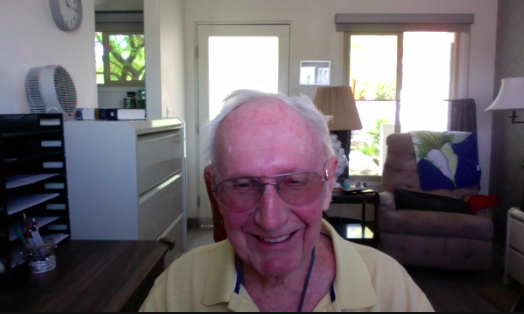
"I retired at 60 and brought a house in Palm Springs. I used to have parties every weekend, a lot of my friends would come down, so the house was full of people. Until of course everybody died. I only have one friend left here, and my executor. It was time for me to move.
"And here I am four blocks away in an LGBT community, which is great. It would be nice if everyone could do this, because you have all the same like-minded people around.
"There’s a new restaurant going up across the street where the gay guys can take their dogs and we have a gay bar right next-door, so you can get your wheelchair, wheel over there and come back.
"You are looked after all the time in this community, so I'm not leaving! I can't find anything to complain about.
"I think my life is a book of chapters and that chapter closed and a new chapter has opened up here at Stonewall Gardens, I hope this chapter lasts 10 years."
